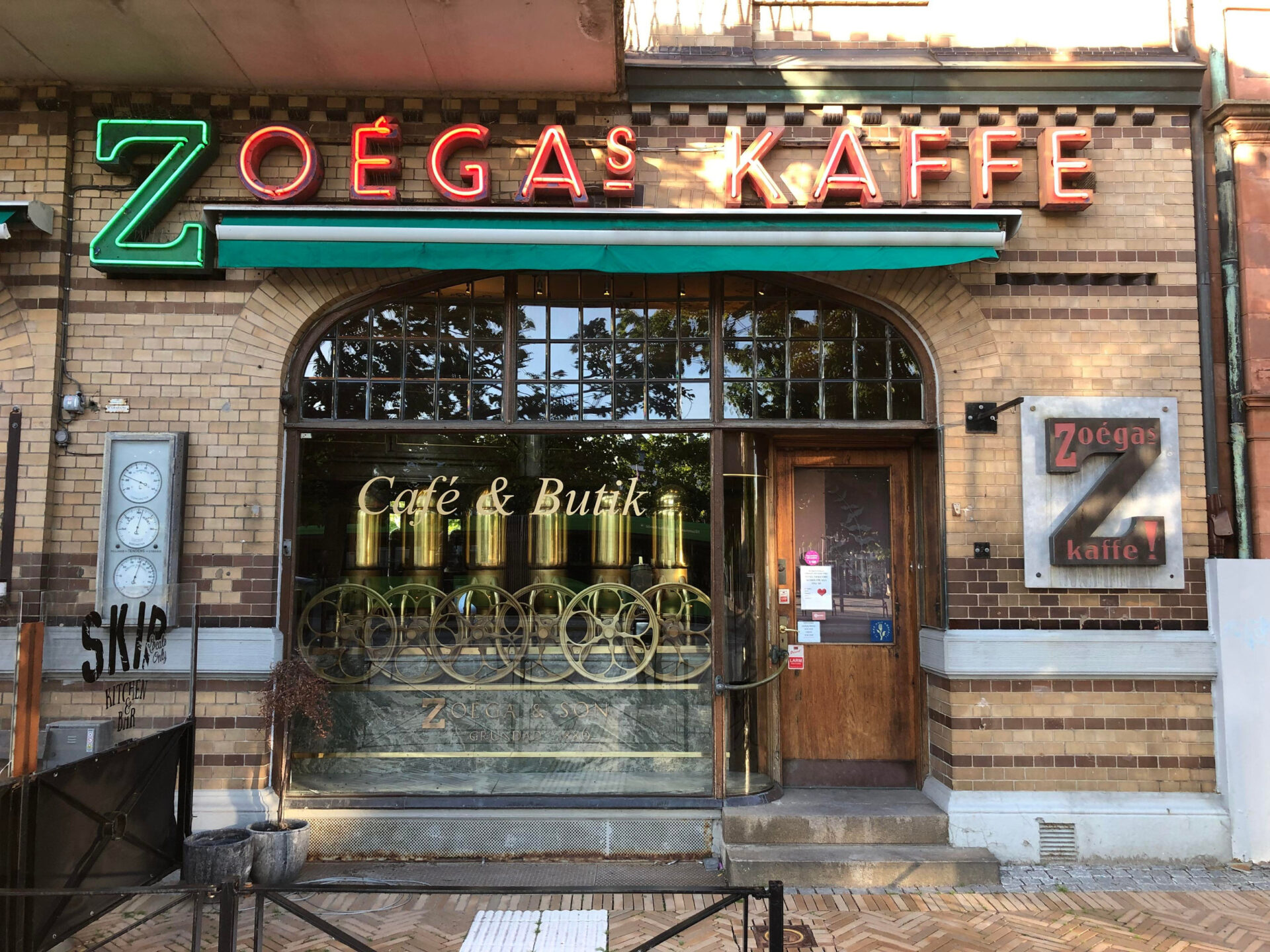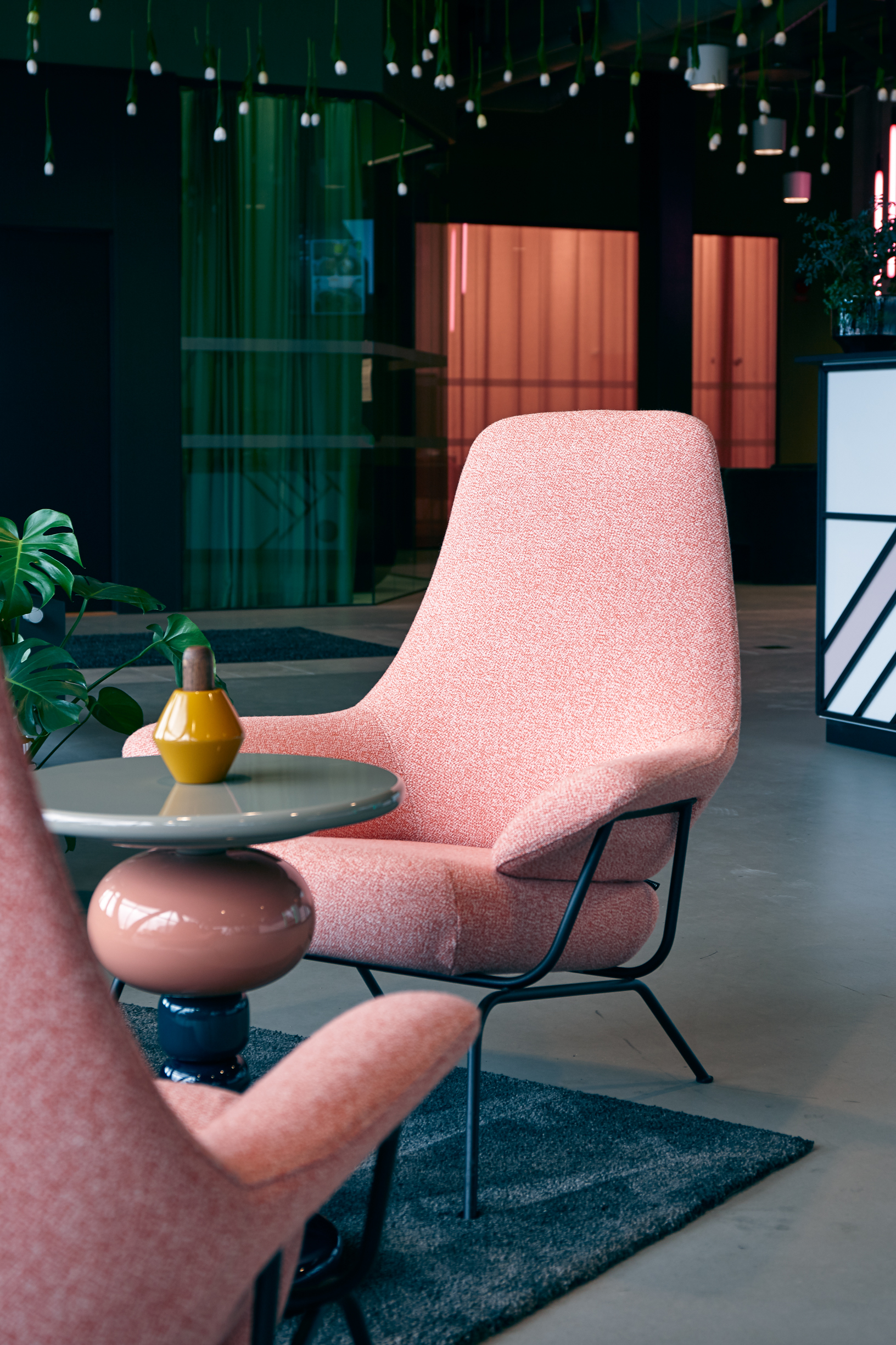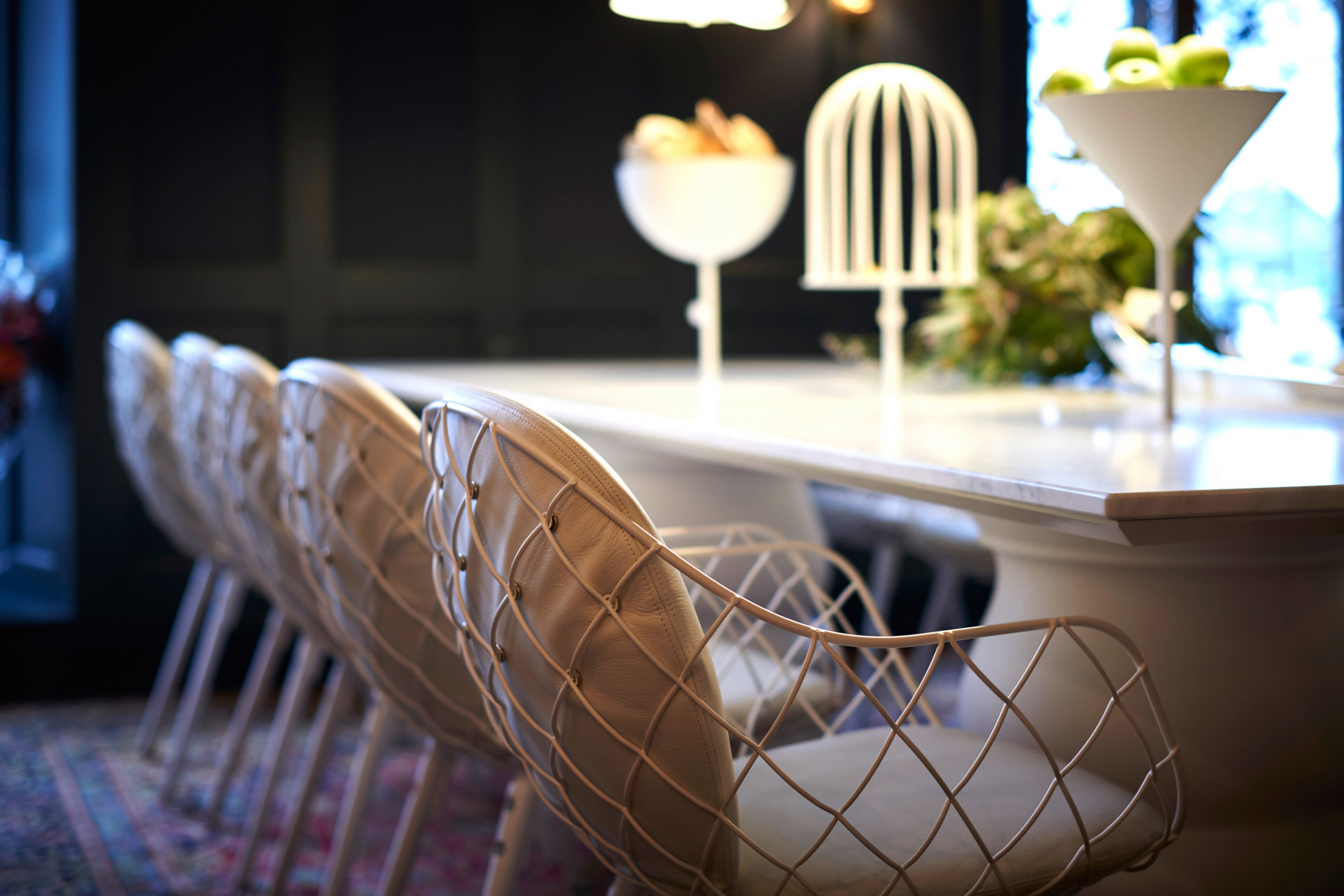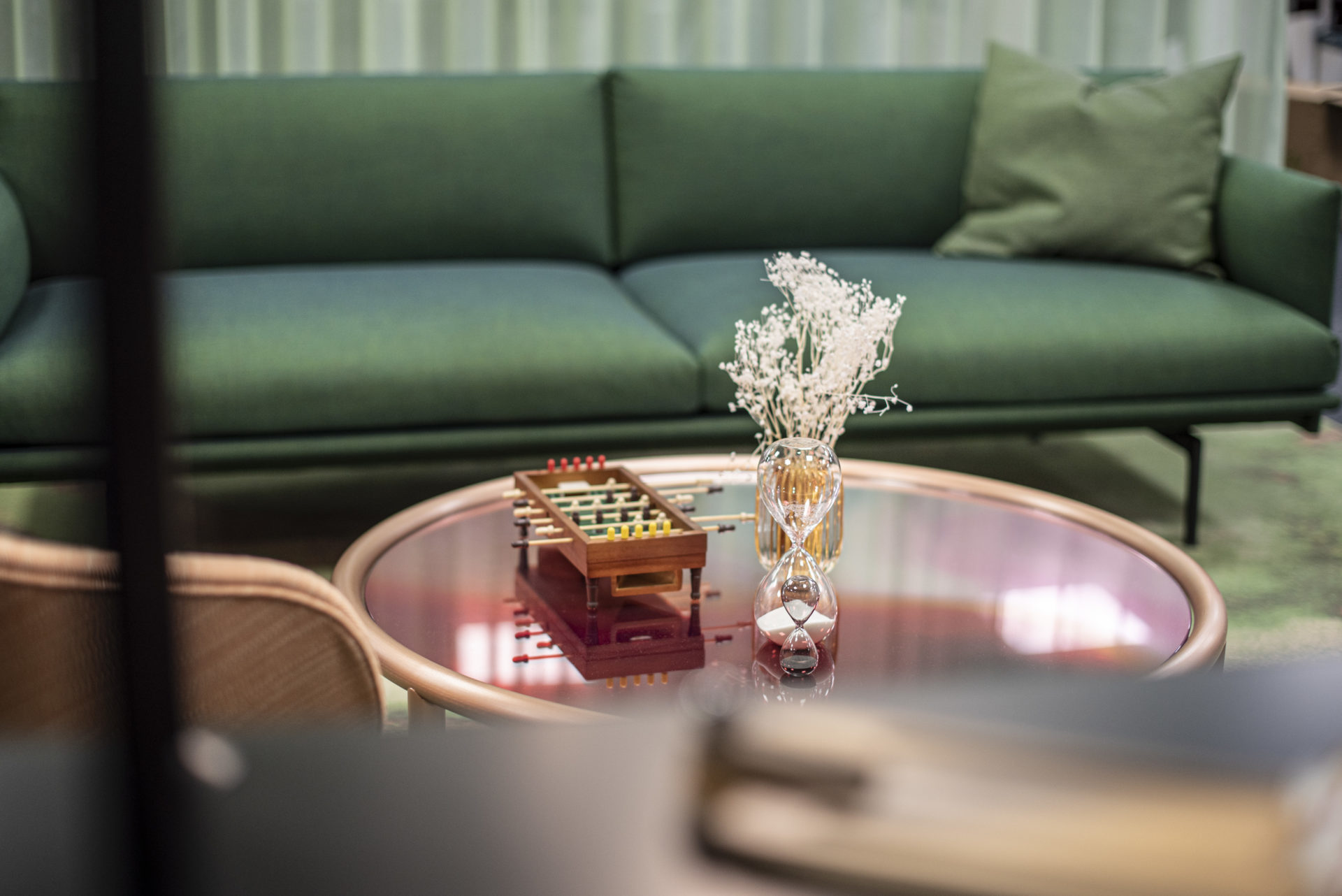Design for Circularity
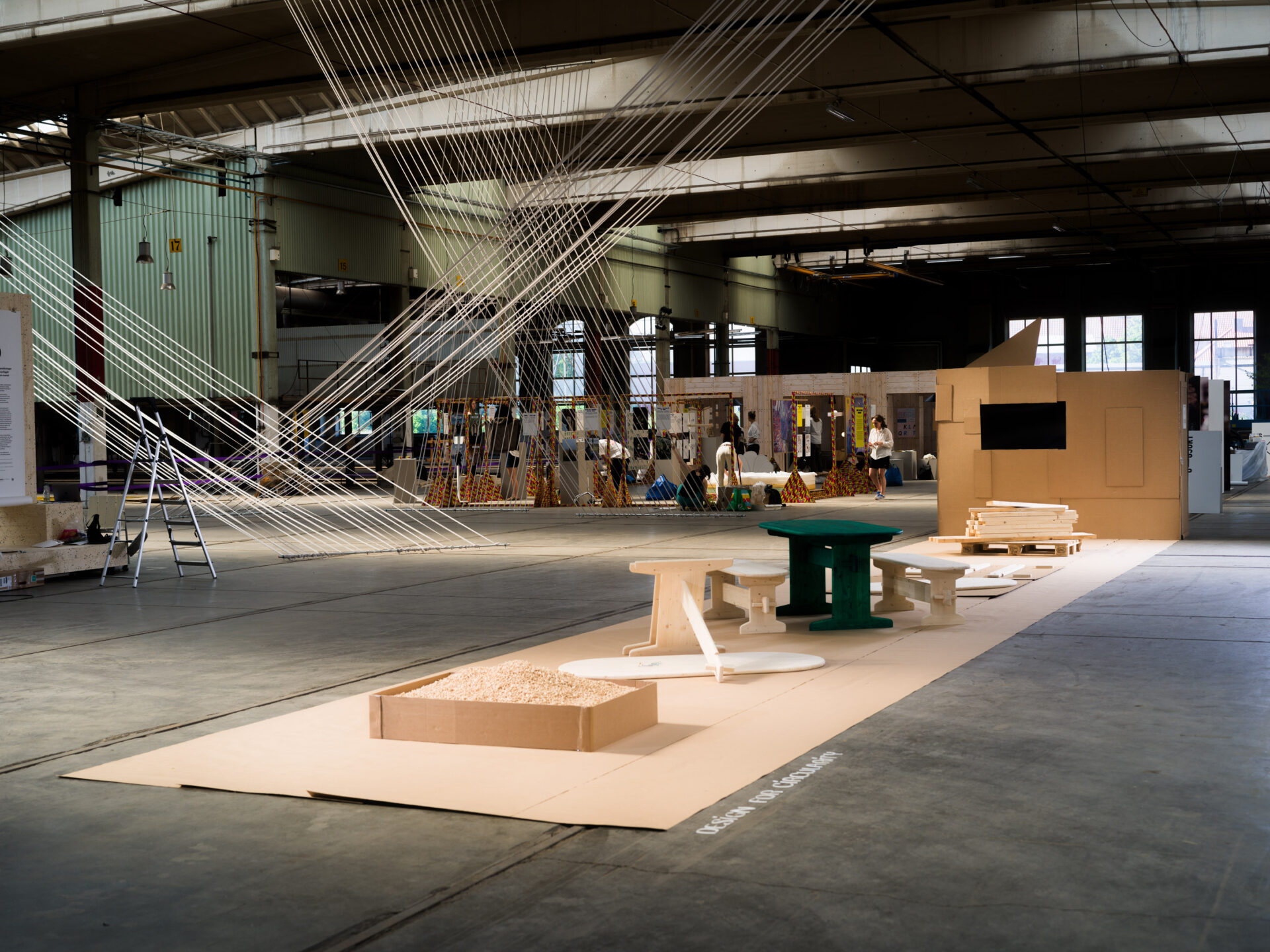
The future of sustainable design takes center stage at the Southern Sweden Design Days, a design fair in Malmö where a unique collaboration between Superlab, Circular Link, and Swedese unveils a new table and bench set designed with circularity at its core. A proof that condemned construction waste can become new salable products on the market.
-
As we continue to exceed our planet’s limits, it is crucial to embrace solutions that mitigate our environmental impact. Every year, the Footprint Network marks “Overshoot Day,” the date when we consume more natural resources than the Earth can replenish in a year, highlighting the urgent need for change. Reuse alone isn’t enough; we need to integrate circular principles into product design from the outset. Research shows that up to 80% of a product’s environmental impact is determined during the design stage. Therefore, products must be created with sustainable materials and designed for easy reuse and recycling.
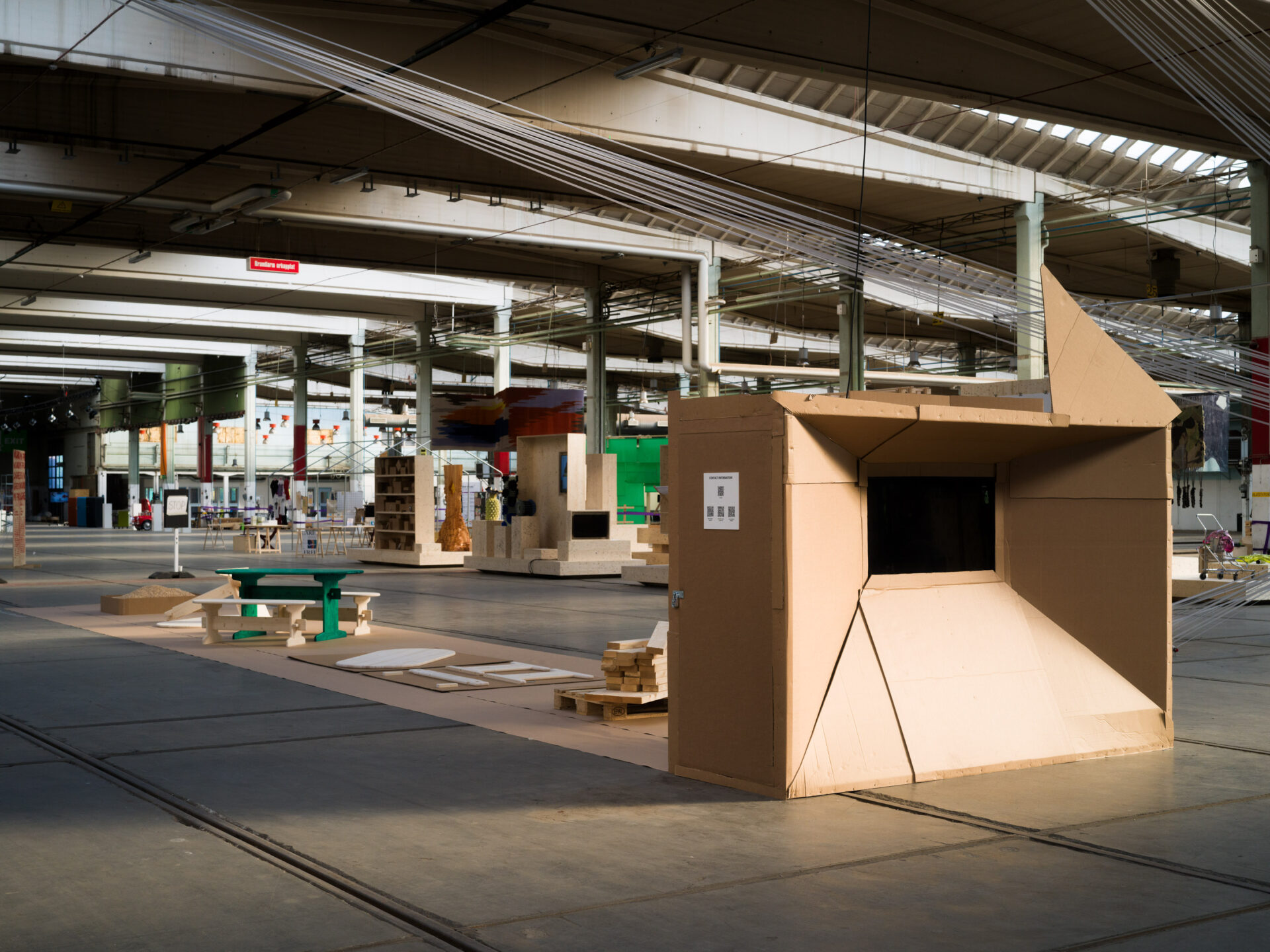
-
Central to this initiative is the innovative use of wood waste from construction sites to create our new table. This approach not only reduces the amount of waste but also lessens the demand for virgin materials, thereby conserving natural resources. By recognizing the potential in discarded materials, we transform waste into valuable products through creative design, significantly reducing the environmental footprint.
Our table’s design also incorporates flat-pack transportation, which minimizes space and reduces carbon emissions during transit. This method is environmentally friendly and ensures ease of assembly and replacement of parts. With road transport being a major source of CO₂ emissions in Sweden, efficient shipping solutions are crucial for sustainability.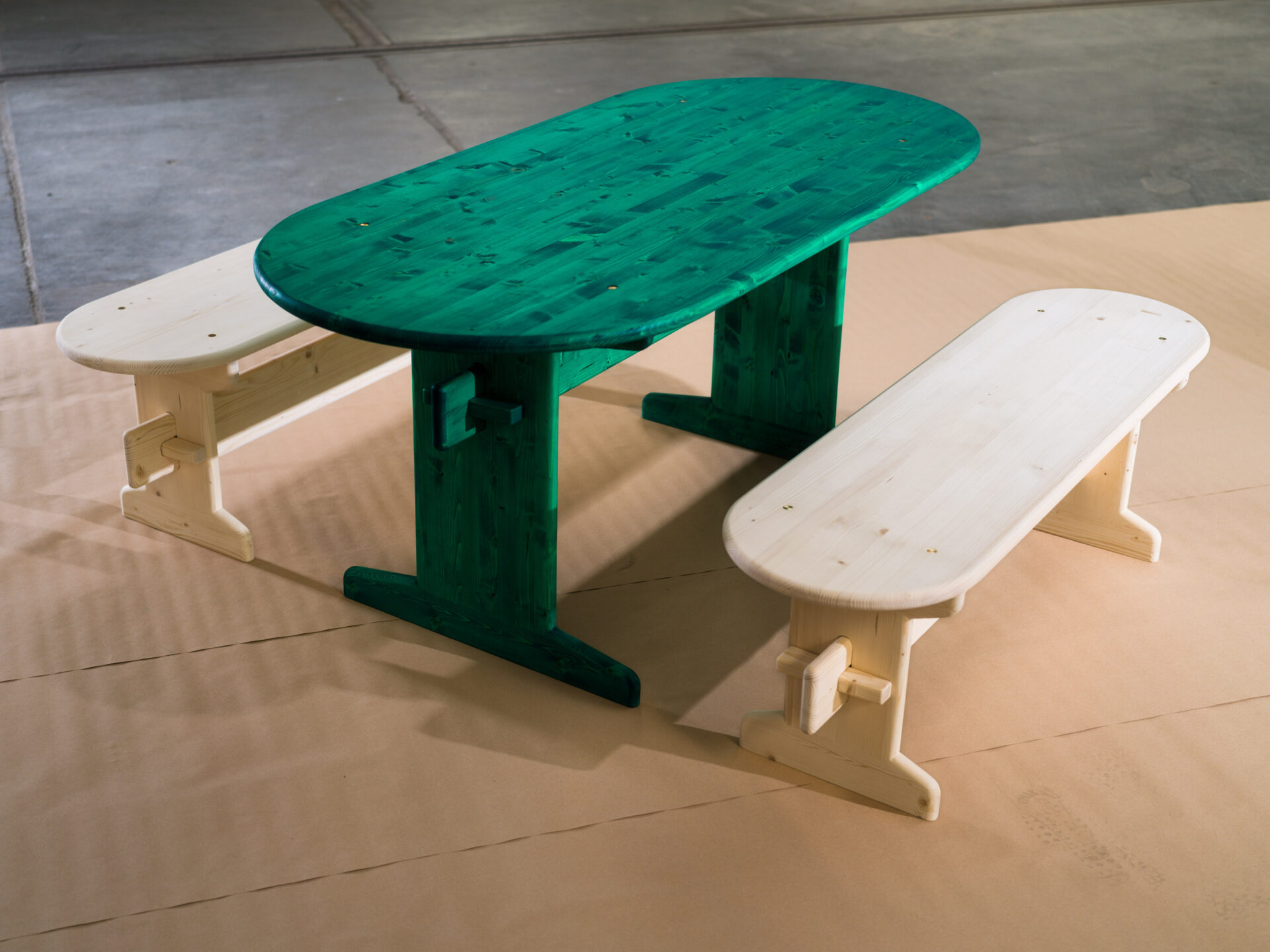
-
The finished products are inspired by old traditional Swedish “Allmoge” design, but with seamlessly incorporated modern functionality, such as Digital Product Passports (DPP) and contemporary assembly techniques, ensuring versatility and adaptability for any contemporary space. These durable, stylish pieces emphasize classic design to withstand fleeting trends, ensuring they remain relevant and cherished for years.
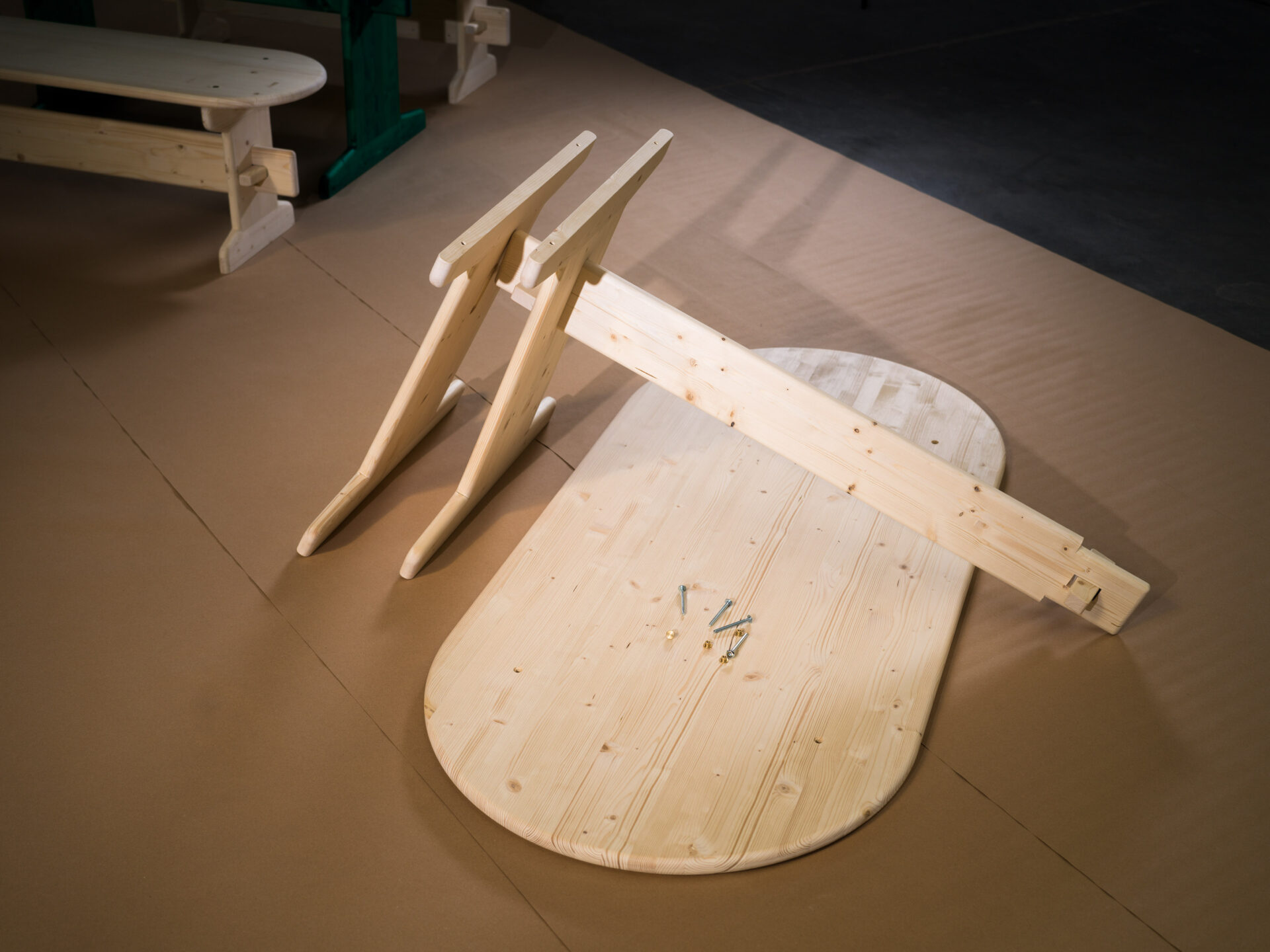
-
Upcoming EU regulations will require precise traceability of all product materials, necessitating digital product passports. These passports will contain comprehensive information about the product, it’s components, and recycling instructions, promoting a circular economy and sustainable practices. By extending the life of materials, we reduce the need for virgin materials, lowering carbon dioxide and allowing the planet to recover. Emphasizing the material’s journey enhances its emotional value for consumers, fostering a deeper connection and reducing premature disposal.
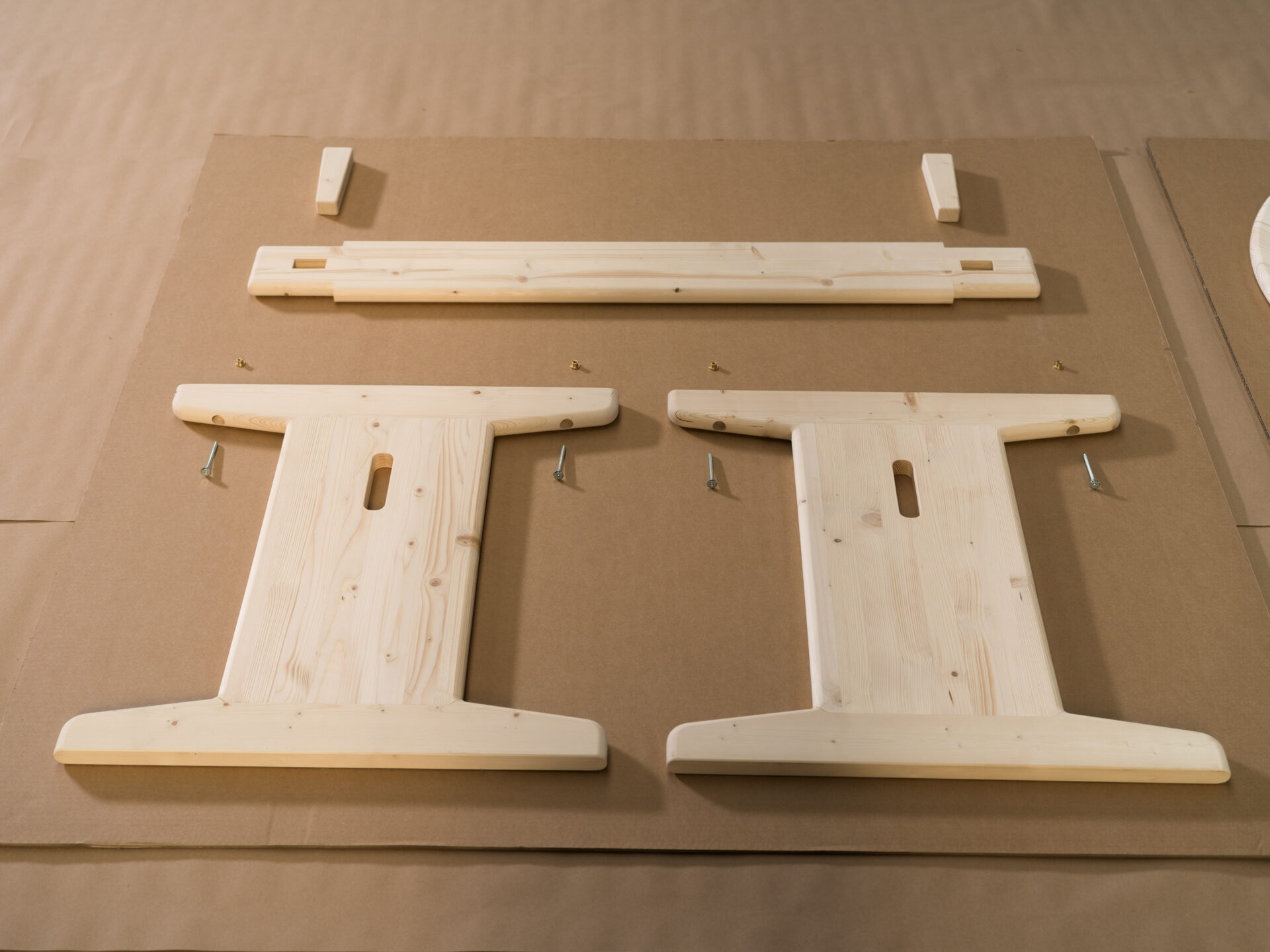
-
This project was first shown at Southern Sweden Design Days 2024 and it is a collaboration between Superlab, Circular Link, and Swedese, showcasing the future of sustainable design.
Link to PRESS-KIT
